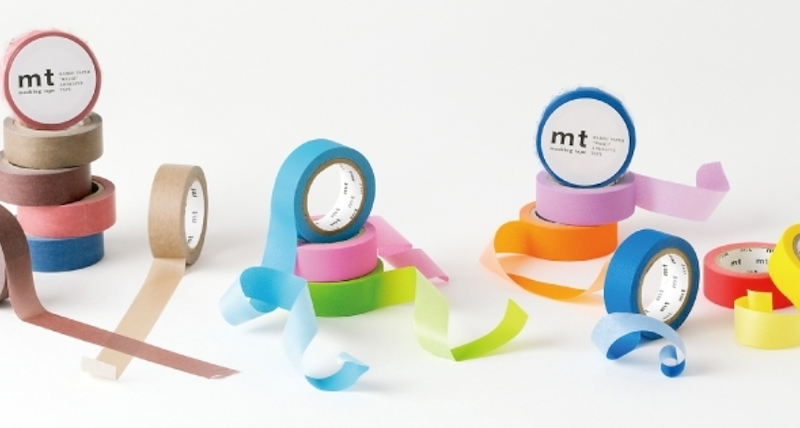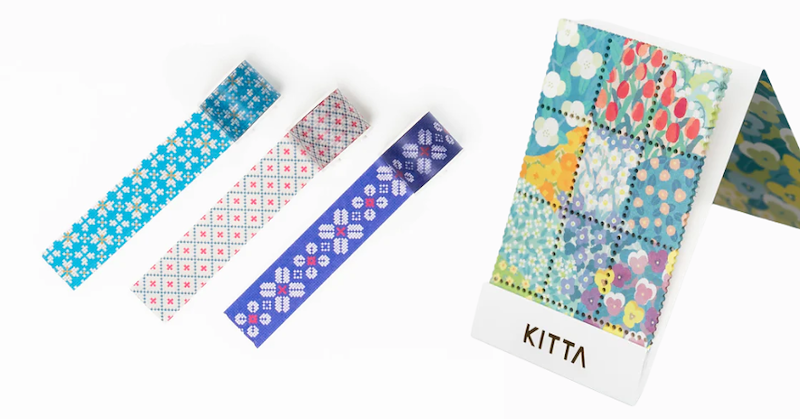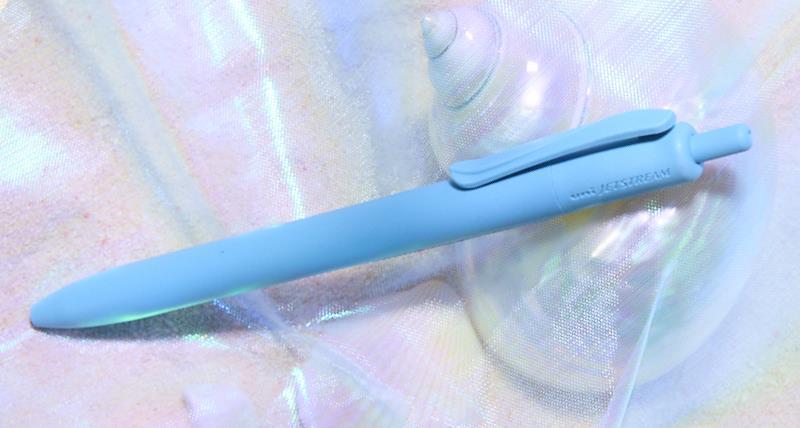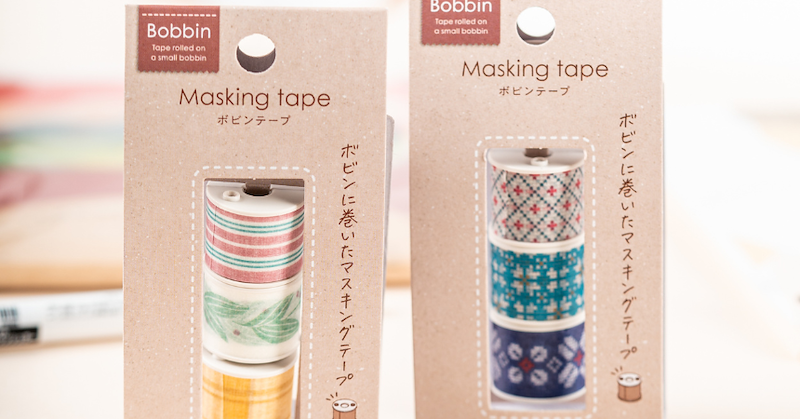
Is Washi Tape Recyclable? A Guide to Eco-Friendly Japanese Tape
Washi tape has become a favorite among stationery lovers, journalers, and crafters around the world. With its beautiful designs, gentle adhesive, and paper-like texture, it feels like a more thoughtful alternative to plastic tape. But once a roll starts to run out, an important question often comes up:
Is washi tape recyclable, compostable, or environmentally friendly?
The short answer is: often yes—but with a few important caveats. In this guide, we’ll walk through what washi tape is made from, how it breaks down, and the best ways to dispose of or reuse it responsibly.
What Is Washi Tape Made From?

Understanding whether something is recyclable or biodegradable starts with knowing its materials.
Traditional washi tape is made from washi paper, a Japanese paper crafted from plant fibers rather than wood pulp. Common fibers include:
- Kōzo (paper mulberry)
- Mitsumata
- Gampi
- Hemp
Unlike Western paper production, these plants are harvested from branches rather than whole trees, making washi paper a more renewable resource. The adhesive used is usually natural rubber–based, which contributes to washi tape’s low tack and reusability.
Because of these materials, standard washi tape is generally more eco-friendly than plastic-based tapes.
Is Washi Tape Biodegradable?

Yes—most traditional washi tape is biodegradable.
Biodegradable materials can be broken down naturally by microorganisms like bacteria and fungi. Since washi tape is made primarily from plant fibers and natural adhesive, it can return to nature over time, often within a few months under ideal conditions.
That said, environment matters:
- In home compost or soil, decomposition happens more efficiently
- In landfills, breakdown can take much longer due to lack of air and moisture
Is Washi Tape Compostable?
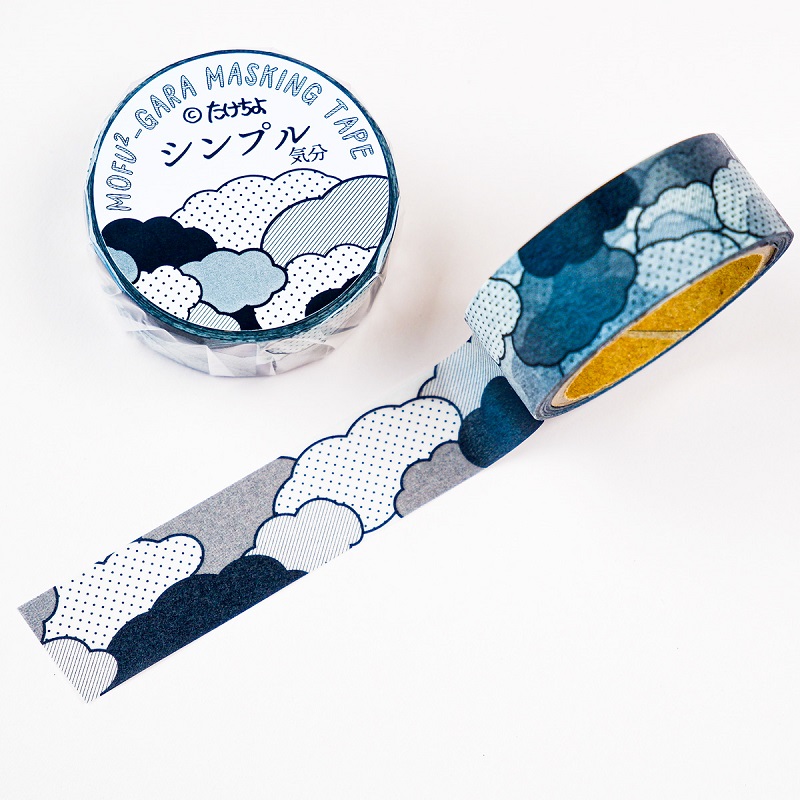
In many cases, yes, plain washi tape can be composted.
Washi tape falls into the “brown” category in composting, meaning it is carbon-rich (like paper or cardboard). When composting:
- Tear the tape into small pieces to help it break down faster
- Balance it with “green” materials like food scraps or grass clippings
- Avoid composting washi tape that includes foil, glitter, plastic coating, or heavy ink layers
If the tape has decorative elements beyond paper and rubber adhesive, it’s best not to compost it.
Is Washi Tape Recyclable?
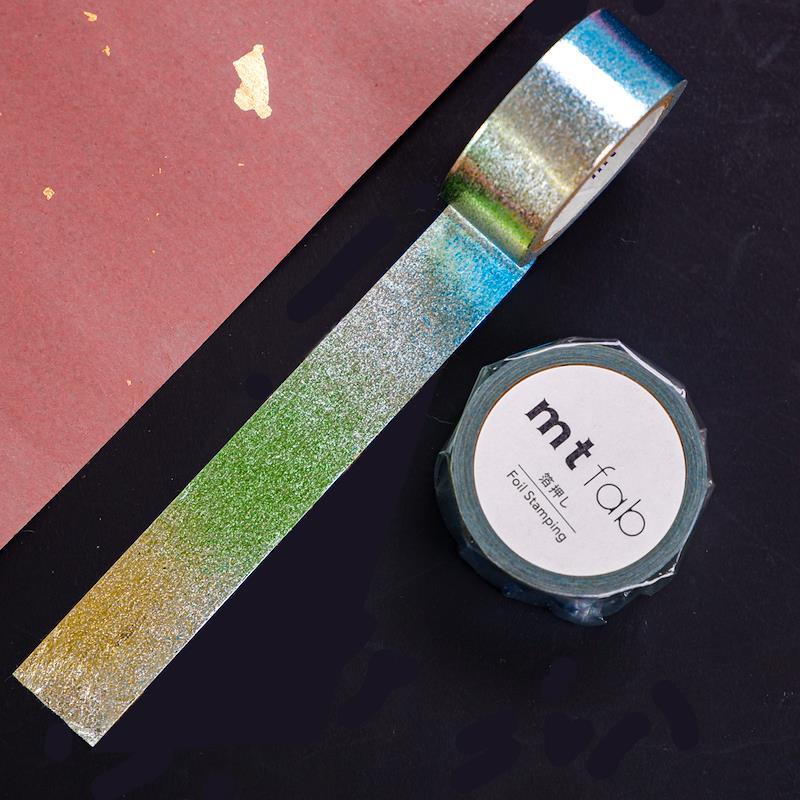
This depends on your local recycling rules, but in general:
- Washi tape is paper-based, which makes it recyclable in theory
- During paper recycling, adhesives are usually separated and removed in the pulping process
- However, some recycling facilities ask people not to include any tape at all, even paper tape
Best practice: Check with your local recycling provider. If they accept paper with tape attached, washi tape is usually fine in small amounts.
Can Washi Tape Be Reused?
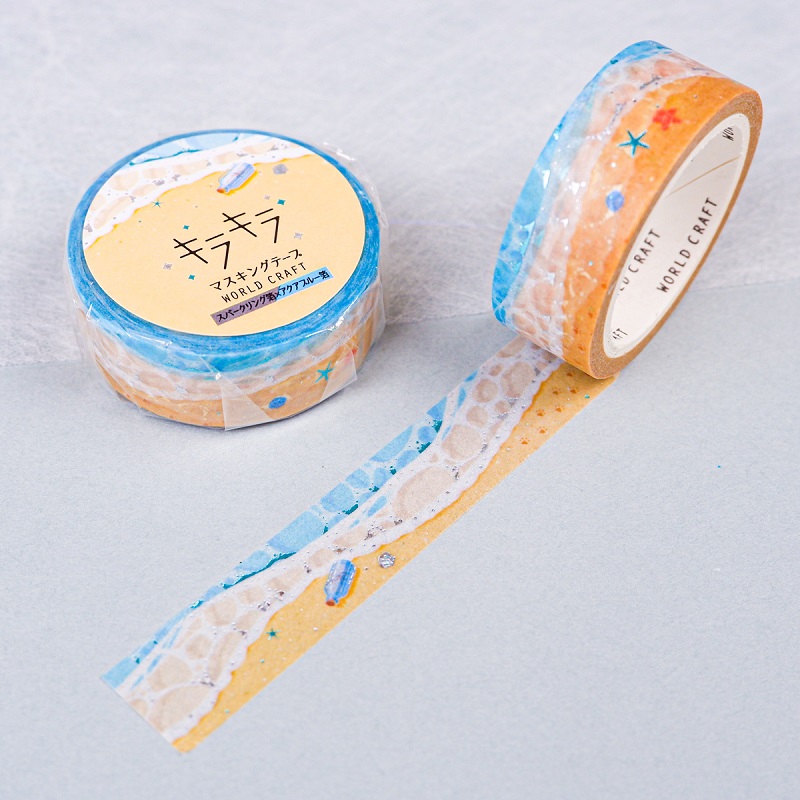
One of the biggest environmental advantages of washi tape is that it’s reusable.
Thanks to its low-tack adhesive, washi tape can often be:
- Lifted and repositioned
- Reused on another page or surface
- Removed without tearing paper or leaving residue
This makes washi tape less disposable than many other tapes—and a favorite for journaling, planners, and temporary decoration.
Is Washi Tape Environmentally Friendly?

Compared to many Western tapes, yes—especially traditional Japanese washi tape.
Why?
- Made from renewable plant fibers
- Often uses natural rubber adhesive
- Biodegradable and sometimes compostable
- Reusable by design
However, popularity has led to mass production, and not all tapes labeled “washi-style” follow traditional methods. Some use synthetic adhesives or plastic layers, which reduces their environmental benefits.
When shopping, look for:
- Japanese brands
- Paper-based texture
- Clear labeling (avoid foil or plastic finishes if sustainability matters to you)
Eco-Friendly Alternatives to Washi Tape
If washi tape isn’t available or suitable, here are a few alternatives:
- Paper masking tape – removable, but usually less decorative
- Paper tape – recyclable, though often stronger and less repositionable
- Cellulose tape – biodegradable and plastic-like in appearance
- Water-activated (gummed) tape – recyclable and commonly used for packaging
Each has its own strengths, but few match washi tape’s balance of beauty, usability, and sustainability.
Final Takeaway: Is Washi Tape Recyclable and Eco-Friendly?
Most standard washi tape is:
- biodegradable
- reusable
- often recyclable
- more sustainable than plastic tape
As long as it’s paper-based and free from plastic or foil, washi tape is one of the more planet-friendly choices in the stationery world.
If you’re curious to explore thoughtfully designed Japanese washi tapes, you can find a curated selection in our ZenPop stationery store, featuring classic patterns and unique designs sourced directly from Japan.

